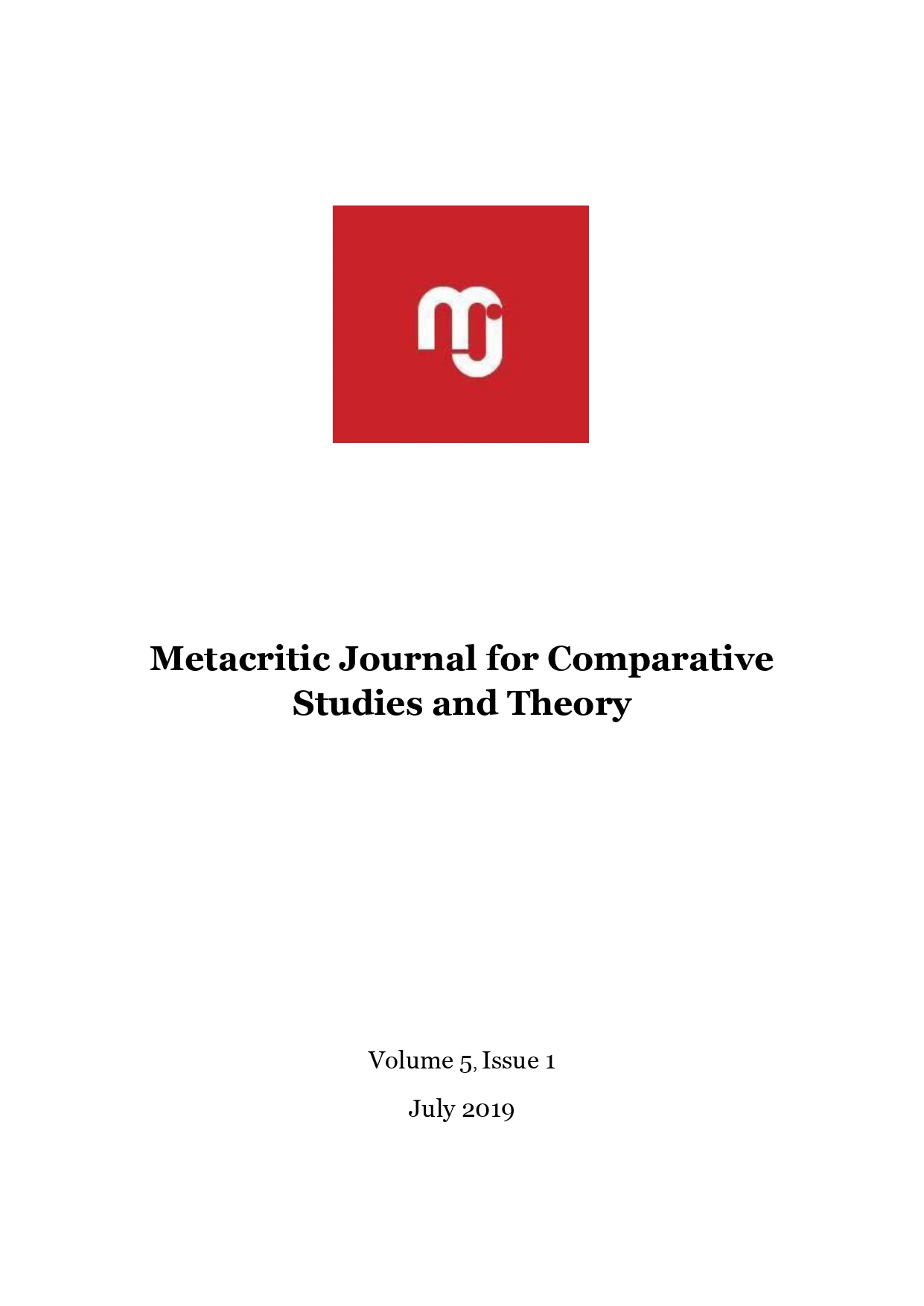Arguing for Art, Debating Censorship
Arguing for Art, Debating Censorship
Author(s): Liviu MaliţaContributor(s): Carmen-Veronica Borbély (Translator)
Subject(s): Philosophy, Sociology, Sociology of Culture, Sociology of the arts, business, education, Sociology of Law
Published by: Universitatea Babeş-Bolyai
Keywords: literary censorship;Romanian communism;art;justice;discourse;anonymous authority
Summary/Abstract: Using a sociological and philosophical approach, this paper discusses the legitimacy, utility and functionality of art censorship both as a social practice and as an autonomous discourse. My intervention reconstitutes and deconstructs the legal arguments underlying the decision to censor artistic products, by investigating the most common accusations by which the law seeks to justify art censorship: immorality (pornography, obscenity), the encouragement of indecent behaviour or incitement to violence/hatred/racism. Moreover, the paper describes two perspectives that can decisively settle this controversial debate: one in favour of the unconditional, absolute freedom of art, and the other in favour of social control. The former perspective brings together arguments stating that the act of censorship is incompatible with the specificity of art as fiction, while the latter considers that art benefits from normative flexibility that tends to impunity. The analysis of the two perspectives points out that it is difficult (even impossible) to definitively answer the question whether there is a solid reason for (not) censoring art. Art is placed in the interval. The problem of art immunity oscillates between Scylla (with its excessive prohibitions) and Charybdis (with the notion that art works carry messages with a socially toxic potential). The excesses of art cause not only a need for civic control, but also excesses of censorship. The reverse is also true. Among the extreme cases placed at the edge of the spectrum, there is the everyday situation in which art is admonished, more or less harshly, for its “boldness”. Ultimately, while the penchant for censoring art in totalitarian societies is obvious, there is little consensus in the debate on censorship in democratic, liberal societies. Here “anonymous authority” (Erich Fromm) is frequently expressed through mute, conservative, informed censorship, lending itself to a vast polemical discussion about what the “freedom of art” truly means.
Journal: Metacritic Journal for Comparative Studies and Theory
- Issue Year: 5/2019
- Issue No: 1
- Page Range: 5-35
- Page Count: 31
- Language: English

